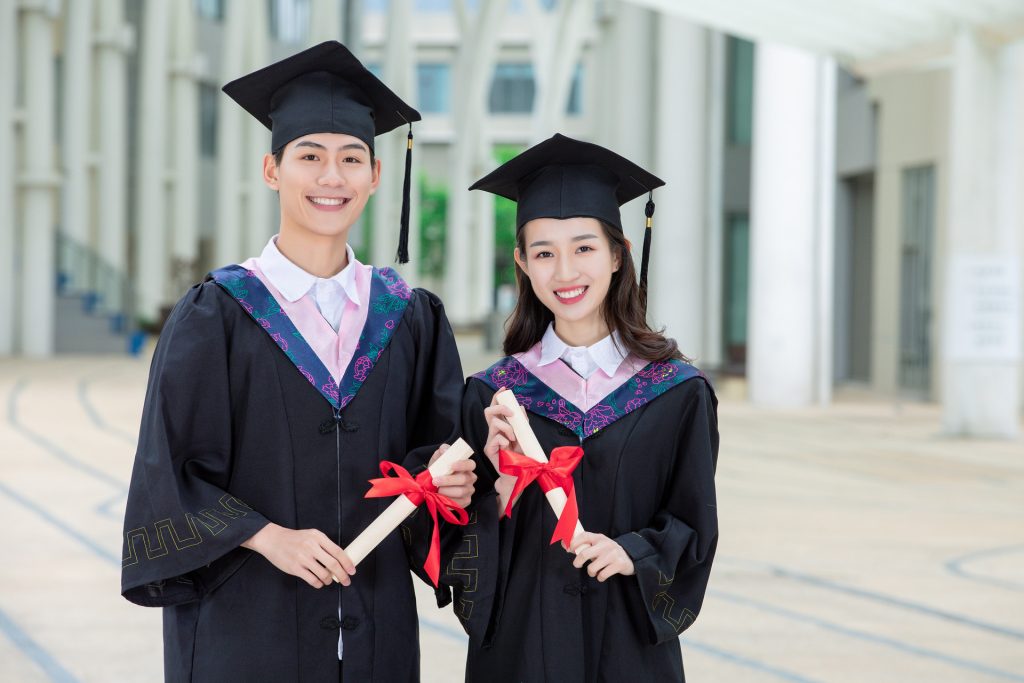Teaching English in China offers a unique opportunity to engage not only in language education but also in a rich cultural experience. To be effective as an English teacher, understanding the nuances of Chinese culture is essential. This understanding enhances your teaching experience, fosters deeper connections with students, and helps navigate social interactions. This article explores the essential aspects of Chinese culture that can significantly benefit English teachers in China.
The Importance of Relationships (Guanxi)
At the heart of Chinese culture is the concept of guanxi(关系), which translates to “relationships” or “connections.” In China, relationships are pivotal in both personal and professional settings. The emphasis on guanxi means that establishing strong connections can facilitate collaboration, respect, and trust, crucial elements for success in any educational environment.
As an English teacher, you can build guanxi by:
- Being Approachable: Greet your students warmly and engage in light conversation. This creates a friendly atmosphere that encourages students to open up.
- Participating in Social Activities: Attend school events, cultural festivals, or local gatherings to meet people outside the classroom. These interactions solidify your presence in the community.
- Showing Genuine Interest: Ask about your students’ lives, interests, and backgrounds. Understanding their perspectives fosters respect and rapport.
Building guanxi not only enriches your teaching experience but also helps you integrate into the local community.
Understanding Hierarchical Structures
Chinese society places a strong emphasis on hierarchy and respect for authority. This hierarchical structure can manifest in educational settings, where students may show deference to teachers and senior staff. Recognizing and navigating these structures enhances your interactions with students and colleagues.
Key aspects of hierarchy in Education:
- Respect for Teachers: Teachers are held in high esteem in Chinese culture. While it’s important to establish your role, creating an approachable environment is equally vital.
- Student-Teacher Interaction: Chinese students may be less inclined to express their opinions openly, especially in large classes. Encouraging open dialogue while respecting authority can lead to a more engaging classroom atmosphere.
By understanding these dynamics, you can foster a more productive and respectful learning environment.
The Role of Family
Family holds a central position in Chinese culture, often influencing personal decisions, including education and career paths. Recognizing the emphasis on family provides insights into your students’ motivations and behaviors.
Insights into family dynamics:
- Parental Involvement: Parents in China often take an active role in their children’s education, which may include frequent communication with teachers. Engaging with parents during events or through communication strengthens these relationships.
- Cultural Values: Chinese families typically prioritize education, viewing it as a pathway to success. Understanding this dedication can help you appreciate your students’ commitment to learning English and their aspirations for the future.
Acknowledging the importance of family in your students’ lives creates a supportive and understanding classroom environment.

The Concept of Face(Mianzi)
Mianzi(面子), or “face,” is a vital cultural concept in China related to social standing, reputation, and dignity. The idea of face influences how individuals communicate and resolve conflicts.
Navigating the concept of face in teaching:
- Avoid Public Criticism: Critiquing students in front of their peers can harm their dignity. Instead, provide constructive feedback privately to maintain a positive atmosphere.
- Celebrate Achievements: Recognizing and celebrating students’ accomplishments boosts their confidence and reinforces their sense of pride. Simple acknowledgments can go a long way in preserving their face.
Understanding the importance of mianzi helps build positive rapport with your students, enhancing their learning experience.
Traditional Festivals and Holidays
China is rich with festivals and holidays, each with unique customs and significance. Familiarizing yourself with these celebrations can provide valuable context for your interactions and lessons. Moreover, incorporating these festivals into your lessons creates relatable and enriching learning experiences for your students.
Communication Styles
Communication in China can differ significantly from Western norms. Being aware of these differences is essential for adapting your teaching methods and enhancing classroom interactions.
Characteristics of Chinese communication:
- Indirectness: Chinese communication tends to be more indirect. People often use subtlety rather than bluntness, especially in sensitive situations. Being attuned to non-verbal cues is crucial.
- Silence: Silence can indicate contemplation rather than discomfort. Allowing students time to process questions before responding can lead to more thoughtful answers.
Understanding these communication styles helps foster a more effective and respectful learning environment.
Education System Insights
The Chinese education system is characterized by rigorous standards and a heavy emphasis on examination performance. Understanding this system can inform your teaching strategies and help you connect better with your students.
Key features of the education system:
- High Stakes Testing: Students face significant pressure to perform well in exams, leading to stress. Providing a supportive environment that emphasizes learning over testing can alleviate some of this pressure.
- Focus on Rote Learning: Traditional methods in China may emphasize memorization. Incorporating interactive and communicative approaches into your teaching can help students engage more deeply with the language.
Balancing traditional methods with modern approaches creates a more dynamic learning experience.

Embracing Diversity
China is home to a wide variety of ethnic groups and regional cultures, each with unique traditions and practices. Being open to this diversity enriches your experience and enhances your teaching.
Tips for embracing diversity:
- Learn about Local Customs: Each region in China may have distinct cultural practices. Take the time to learn about local traditions, festivals, and languages to connect with your students.
- Be Respectful of Differences: Recognizing and respecting cultural differences among your students fosters a sense of belonging and encourages them to share their backgrounds.
Embracing diversity not only enriches your understanding of Chinese culture but also enhances the classroom environment for all students.
Exploring Chinese Philosophy
Chinese philosophy has significantly shaped societal values and behaviors. Understanding these philosophical influences can provide insights into your students’ perspectives and motivations. Moreover, incorporating elements of Chinese philosophy into your teaching helps students see the relevance of their studies in a broader cultural context.
Adapting Your Teaching Style
To be an effective English teacher in China, adapting your teaching style to align with cultural expectations while integrating your own methods is crucial.
Practical tips for adapting your teaching:
- Incorporate Chinese Elements: Use examples, stories, or idioms from Chinese culture in your lessons. This makes the material relatable and fosters cultural exchange.
- Balance Western and Chinese Approaches: Combine interactive teaching methods with traditional approaches to cater to diverse student needs. This hybrid approach helps bridge cultural gaps and enhance learning outcomes.
Adapting your teaching style creates a more engaging and effective learning environment for your students.
Personal Growth and Cultural Immersion
Living and teaching in China is not only about imparting knowledge; it’s also a journey of personal growth and cultural immersion. The experience offers a chance to learn about a different way of life and develop new perspectives.
Tips for personal growth:
- Be Open-Minded: Approach cultural differences with curiosity rather than judgment. This mindset helps you embrace new experiences and build lasting relationships.
- Engage with Locals: Interact with local communities outside your teaching environment. Participate in language exchange programs, volunteer, or attend community events to enrich your understanding of the culture.
Embracing cultural immersion enhances your teaching experience and deepens your understanding of China.
Conclusion
Understanding Chinese culture as an English teacher in China is vital for creating a positive and effective learning environment. By embracing cultural nuances, building relationships, and adapting your teaching style, you can enrich your students’ learning experiences and foster meaningful connections.
Your time in China will not only contribute to your professional growth but also offer a unique opportunity to immerse yourself in a culture that values education, relationships, and respect. Teaching English in China is an adventure that extends beyond the classroom; it’s a chance to delve into a vibrant culture, explore diverse perspectives, and ultimately enrich both your life and the lives of your students. Embrace the journey, and you will find that understanding Chinese culture enhances your teaching and your life in this fascinating country.


